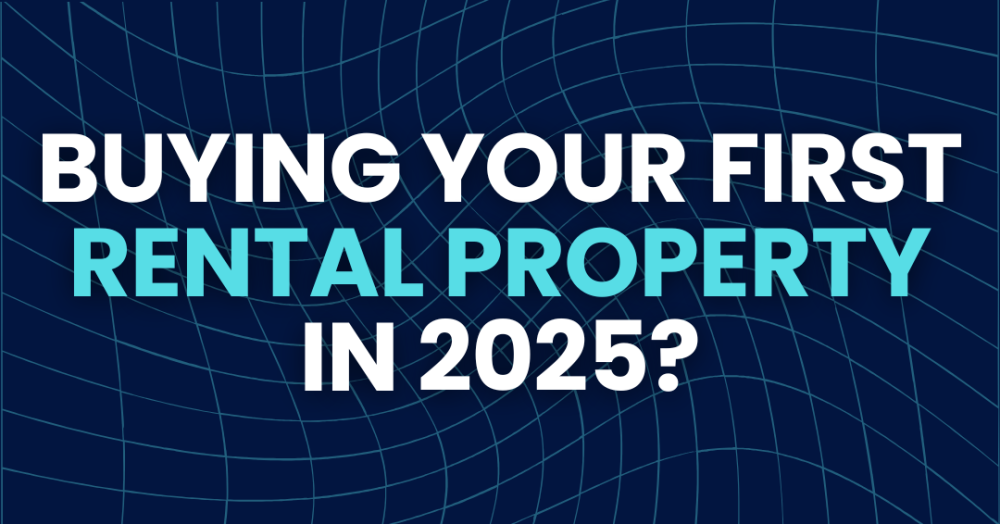

Get in touch with us
When winter sets in and snow begins to fall across the UK, keeping your property warm becomes more than just a comfort issue – it’s about protecting your home, reducing energy bills, and maintaining property value. Whether you’re a homeowner, landlord, or tenant, preparing your property for the cold season is essential.
For many private landlords across the UK, building a property portfolio starts with a simple goal: long-term financial security. Whether you began with one accidental rental or have strategically built a multi-property portfolio, managing rental property has become increasingly complex in recent years.
The private rented sector in the UK is about to see its biggest shake-up in a generation. From May 2026, new renters’ rights legislation will significantly change how rental properties are let and managed. For landlords, understanding these changes early and preparing properly will be key to protecting your investment and avoiding disruptions.
Birmingham continues to be at the centre of conversations about the UK property market. It attracts attention from investors, landlords, tenants, & the media alike. This article explores the reality of rental demand in Birmingham, what’s driving it, what challenges genuinely exist, and why it remains one of the UK’s most resilient rental market.